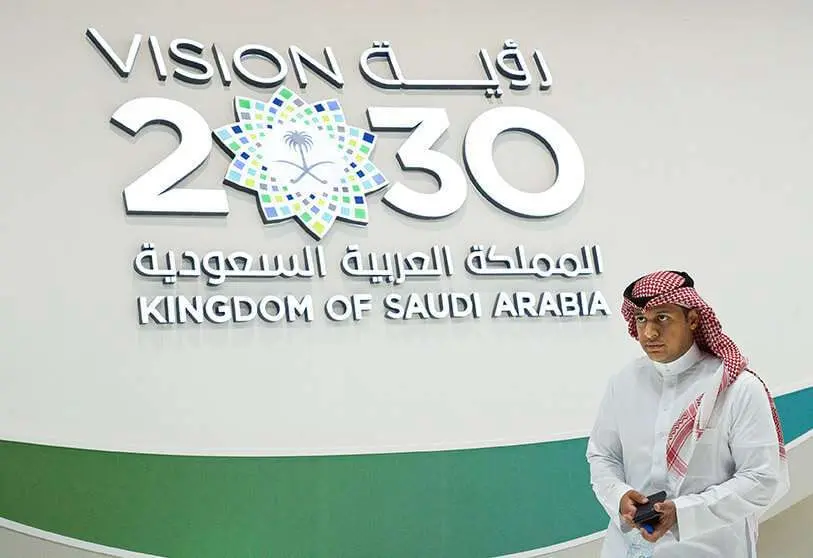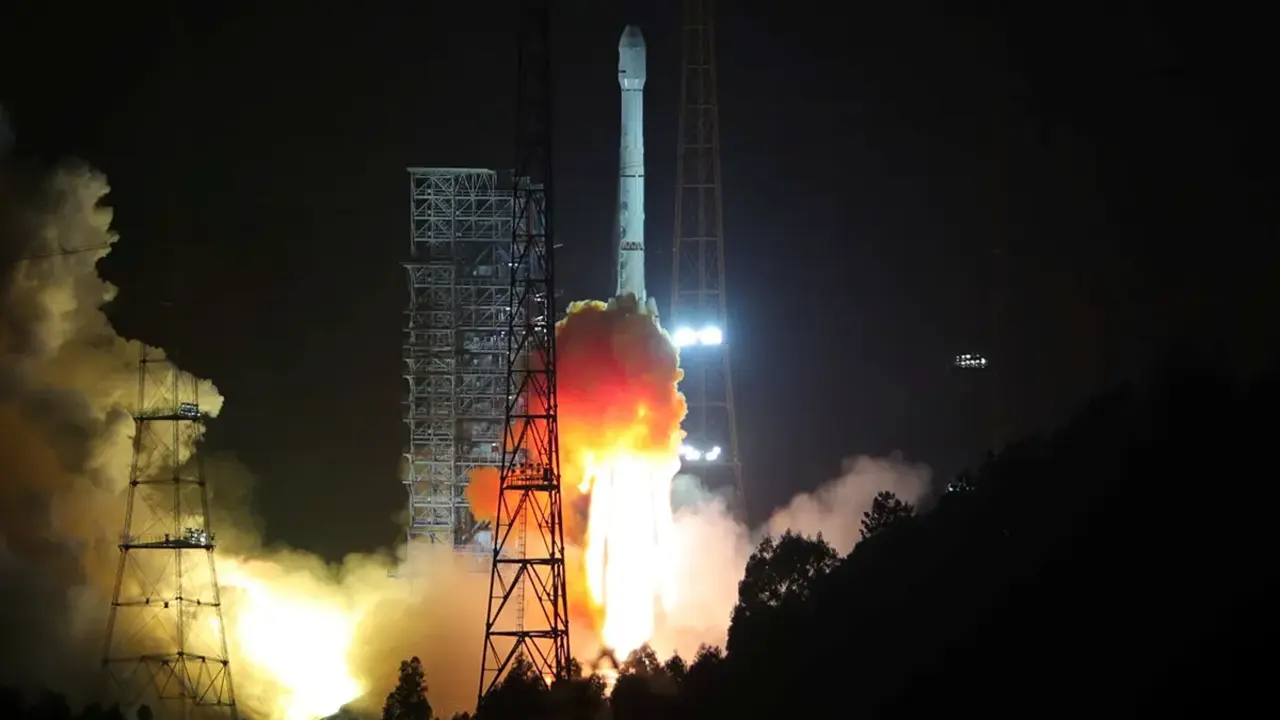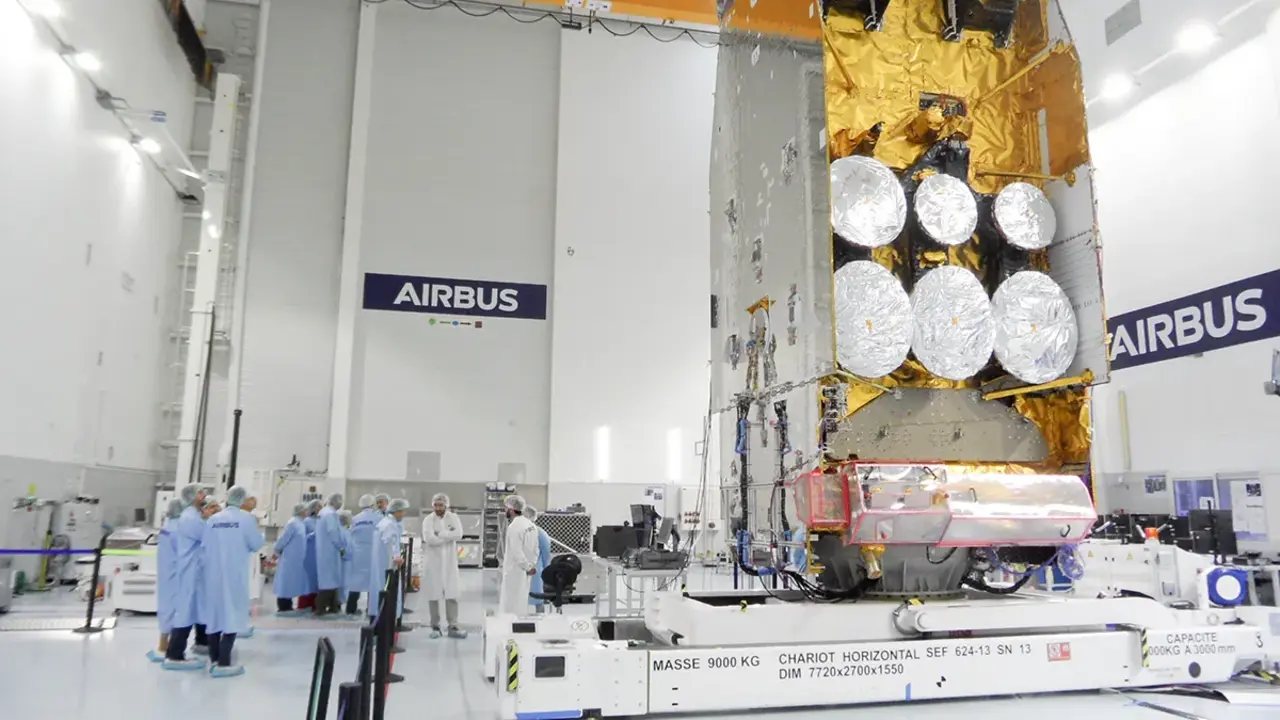Saudi Arabia pledges to become a 'regional hub' for biotech development

The King Abdullah International Medical Research Centre virtually opened the Riyadh World Medical Biotechnology Summit on Tuesday, hosted by Saudi Arabian Prince Mohammed bin Salman.
The summit is being held under the chairmanship of Dr Bandar al-Knawy, executive director of Health Affairs at the Ministry of National Guard, with the aim of promoting medical development and biomedical technology to meet the goals set out in Saudi Arabia's Vision 2030 strategic framework. Vaccines and health technology development will comprise the bulk of the summit due to their growing role in the present and future of health and industry.
During the three-day summit, experts from around the world will participate, exchanging views and presenting opportunities to illuminate medical technology investment strategies. This large gathering of eminences and entrepreneurs promises to create important deals for the development of the industry. Al-Knawy says: "We are bringing a unique, interactive and dynamic gathering of key local and international players to make Saudi Arabia the gateway to thriving biotechnology".

The coronavirus situation will lead to the signing of understandings between pharmaceutical companies, global industries and the Saudi government to agree on the production of more local vaccines.
The director of the National Industrial Development and Logistics Programme, Suliman al-Mazroua, explained the Saudi kingdom's decision to focus on vaccine production. "We believe that Saudi Arabia will be a regional hub for the manufacture of biomedical products," said al-Mazroua, speaking at a panel discussion on 'Biotechnology in Saudi Arabia: Challenges and Opportunities'.
Nizar al-Hariri, executive director of the National Centre for Industrial Development, shared the same stance, assuring that the nation is "working with stakeholders to achieve this goal''. He added that the centre is also collaborating with King Abdullah University of Science and Technology and major biopharmaceutical companies.
Malak al-Thagafi, director of national R&D and research associates, described the country's healthcare system as "very advanced", but that it lacks "clinical trials and we have to work hard to support the vision of making the Kingdom a regional hub in biotechnology".
The involvement of big business is essential for the country's development. Elie Haddad, project leader at Riyadh Biotech City, explained that "the way to attract talent is to attract the companies they work for". But to do that, "they need funding, a good proposal and to build institutions with functioning regulation and good incentives to attract talent and private partners".

The university has invested in bringing in international biomedical faculty, as Pierre J. Magistretti, director of KAUST's Smart Health Initiative, noted, "KAUST has a mission to contribute to the economic development of the Kingdom through the translation of discoveries into innovation," according to Arab News.
Vaccines are an important focus of the summit's development, especially for COVID-19, whose research and delivery has advanced at a significant pace and within a very tight timeframe. Menelas N. Pangalos, executive vice president of biopharmaceuticals R&D at AstraZeneca, confirms: "We joined with Oxford to produce it for the world without thinking about the money, we did the service without making the money. Vaccine development usually takes a decade or more, but we delivered it in a period of about 12 months. Our team was working around the clock".








